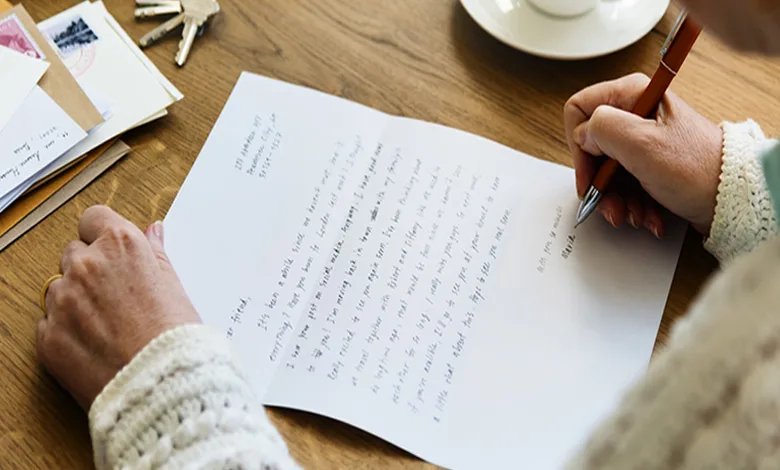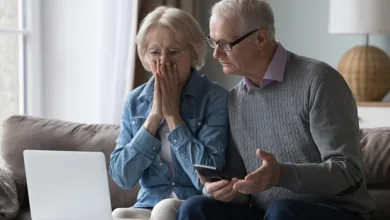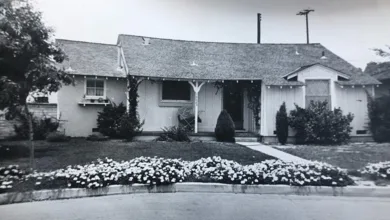The Importance of Letters

One of “Sesame Street’s” mission is to develop letter knowledge and vocabulary for kids beginning to understand their place in a neighborhood. Helping kids grow smarter and stronger by learning language fundamentals is also embedded in teaching kids how to be kinder and more caring while they learn. “Sesame Street” teaches the alphabet, but it also teaches about the connections we can make when using that alphabet to unite with others. It is a lesson for both young and old.
This simple message reveals itself once again for me as I work with women inmates tasked to write letters to their children to bridge the gap as a missing parent. Parenting a child from a distance is stressful beyond what most can understand. I am not Big Bird skating around in a TV episode while teaching the ABCs. I am, however, challenged to help the inmates renew their faith in the impact of a hand-written letter during very trying situations. Knowing the alphabet alone just is not enough. Knowing the words necessary to overcome deep feelings of isolation and helplessness is something every woman has to wrestle with in her own way. Her only means is through letter writing.
Messages built around texts, posts, reposts, likes, memes, and emojis often undercut who we really are, but letter-writing can affirm ourselves and reaffirm our connections to others even if we are not in prison. They reshape how we think about our place in our local and global neighborhoods.
Thank you and sympathy notes may be a staple of our upbringings. However, letter writing is one of the oldest forms of communication and is innately personal. No preprinted card captures the human experience that our own words do as we connect one-on-one with people who need us as much as we need them, and the reasons to write may be more than you think.

I have a box of letters from students and parents thanking me for things I did as a teacher. One letter I was not expecting came from a student two years after her graduation. She wrote to me about the physical, emotional, and cultural abuse she experienced growing up. She was a bright, kind, and curious student who never let people know she often thought about accelerating her car to 100 mph and running it into a tree. She wrote to me that it was something I taught in class one day that kept her will to live alive. I didn’t know what I said that made a difference. I never knew this student was hurting so badly. I didn’t reach out to protect her, but her letter suggested she gave me a fearsome responsibility I was unaware of during our time together. This letter changed me in my years of teaching afterward.
So why should we write letters? Putting pen to paper can be highly challenging when expressing our thoughts and emotions about our life experiences. Yet, doing so is a cathartic experience – a wellness experience – for both the writer and the reader. It allows us to get deeper into our truths. When we tell others of their importance in our lives, especially when they least expect it, we share what is human and humane. It is an outreach that changes the world, one letter at a time, for the better.

A letter can also be a keepsake. It becomes a tangible artifact to hold, feel, and read for a long time. When my mom died, I discovered letters I had written that she had kept all those years. I can only imagine what comfort they might have given her that made her want to keep them. Now, that comforts me as they provide a living memory of her in our shared past.
But I also use letter writing to prepare for the future. My grandchildren have letters I wrote on their first birthdays that they will also receive as a present on their 16th birthday. Life changes over 16 years, and I may not be around. Unconditional love expressed in a letter, however, will. Thoughts expressed about the “good” they are already in this world, I hope, will reinforce the possibilities they will have to continue that goodness. Maybe they will write their own letters someday.
As Big Bird says, “It’s better to be who you are.” It’s also better to write who you are. Being thoughtfully real can make all the difference in your neighborhood. Thank you, “Sesame Street,” for the ABCs.





